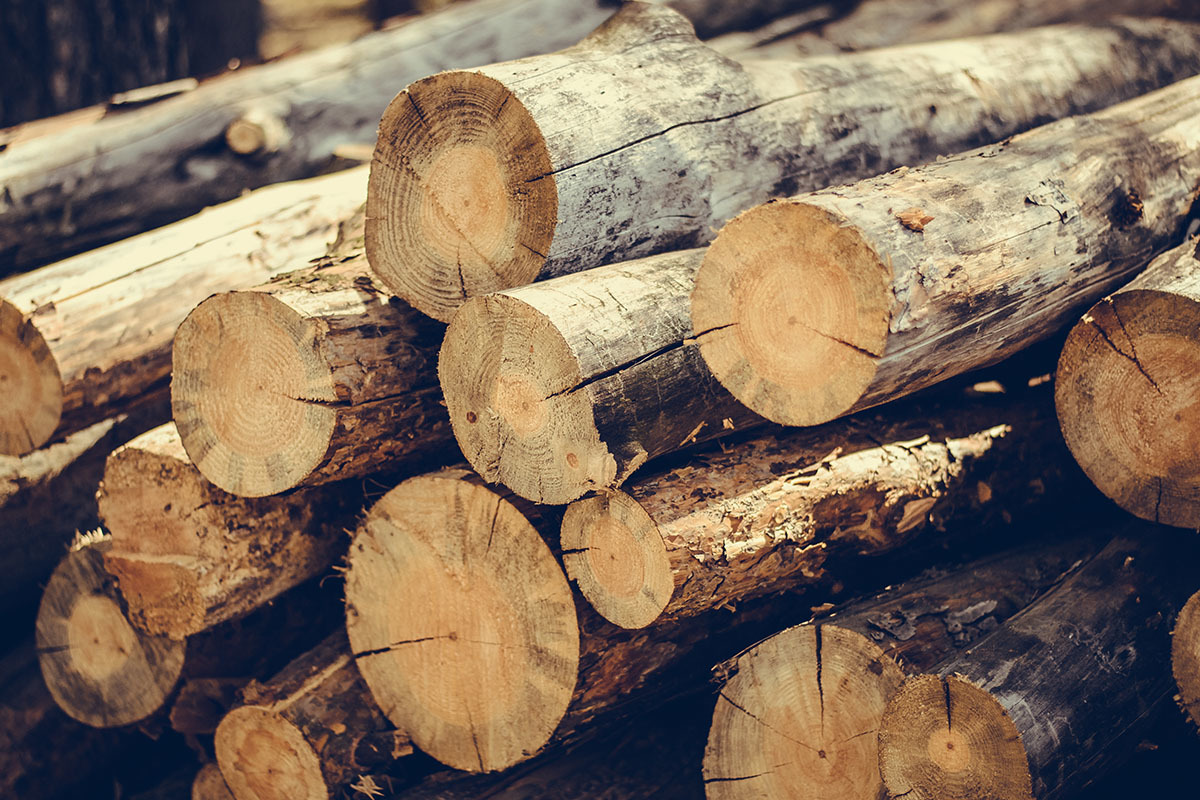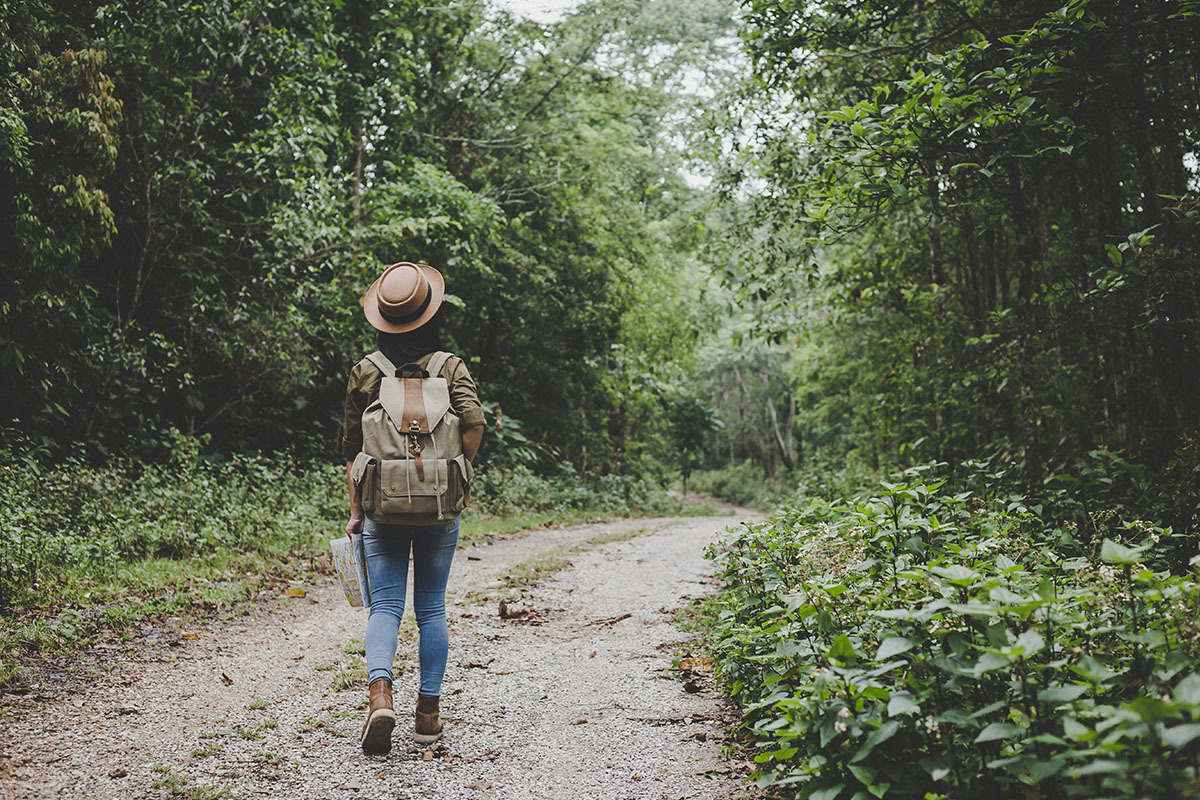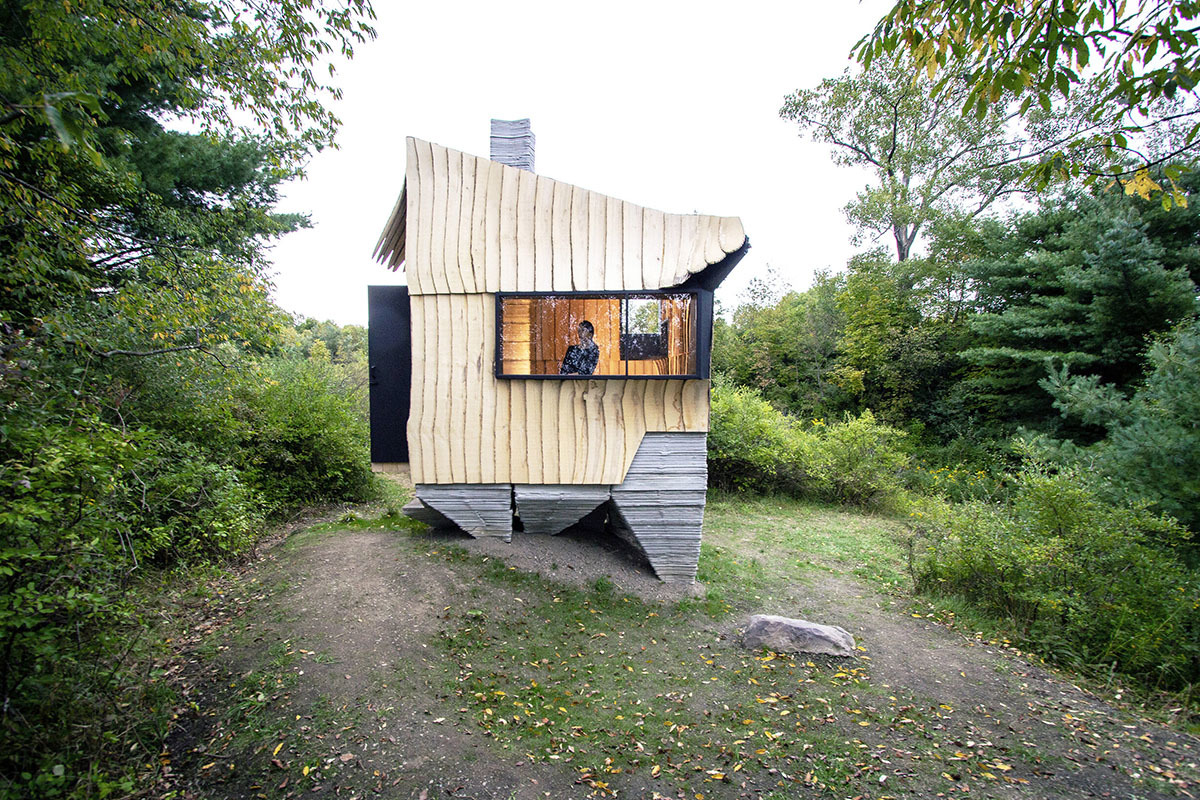Your Guide to Living Off the Grid
- Written by
- On Sunday, January 3, 2021
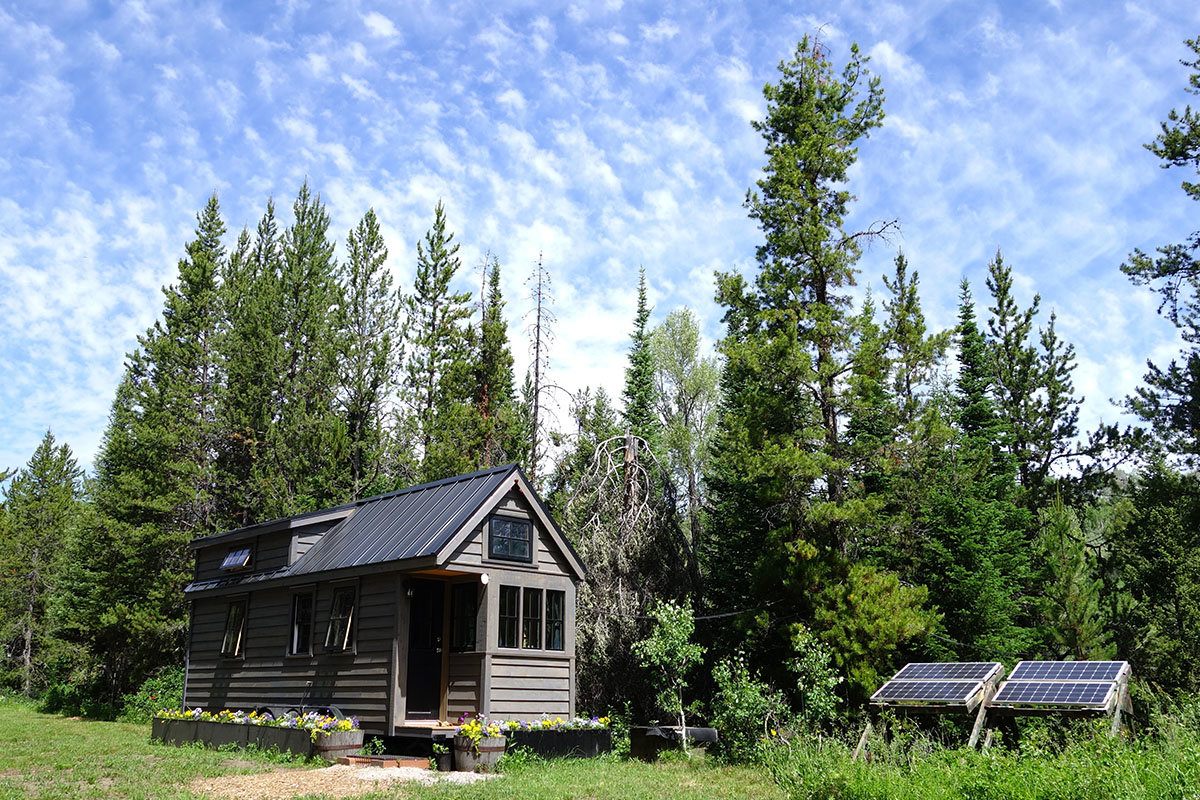
If you’re a cabin enthusiast like we are, then you may have at least fantasized about living off the grid at one point or another. And given the year most of us have been experiencing, those fantasies might be leaning more and more into real considerations. But what, exactly, does it take to live off the grid?
Before we answer that question, let’s clarify what living off the grid actually means. Basically, off-grid living means surviving only by the resources you harvest from the natural land, like hunting and foraging for food and harvesting power from natural resources like the wind and sun.
And while there’s a lot of appeal in no longer relying on external sources to survive, no one should live off the grid without gaining foundational knowledge about what it actually takes.
Whether you’re curious about or seriously considering off-grid living, these are the basic requirements you’ll need to meet to sustain an off-the-grid lifestyle.
The Big Three Needs
Water
It goes without saying that we all need water to survive, so before anyone ventures off the grid, they need to know from where they’ll be sourcing water. There are a few primary ways to source water off the grid, including digging a wall, harvesting rainwater, and using wind or solar power.
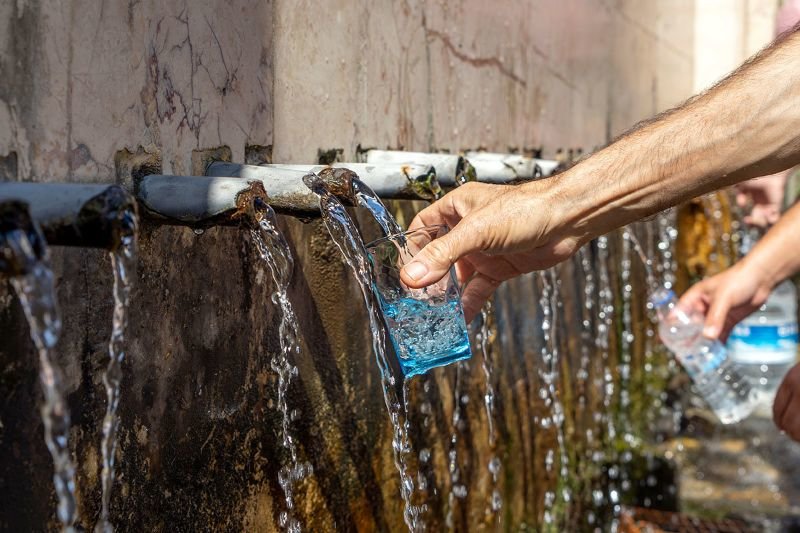
Food
Obviously, sourcing food is another key component of ensuring you can survive off the grid. In fact, ensuring you have enough daily food will likely consume much of your time as it involves any combination of near-daily farming, gardening, hunting, and fishing. You’ll also need to figure out ways to manage your food waste and attract food sources, like particular animals, to your property.
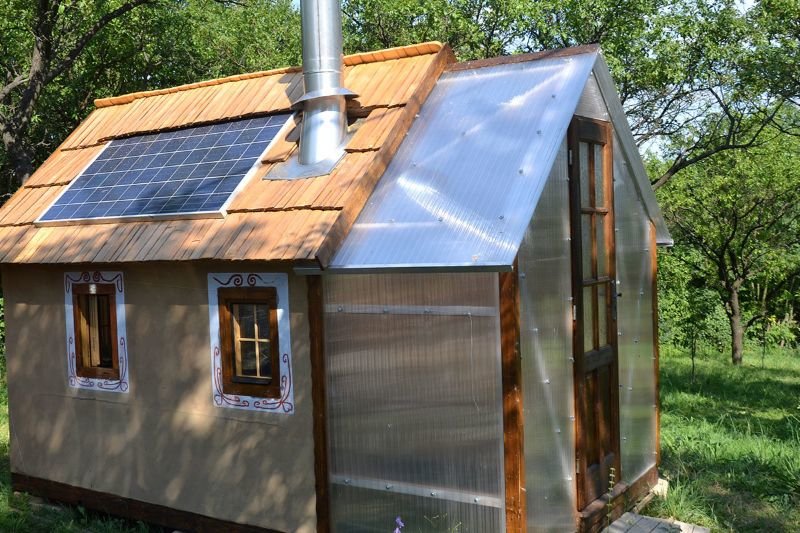
Shelter
Once you have food and water taken care of, the last basic essential you need to survive is shelter. The type of shelter you need is highly dependent on where you decide to live, but no matter where you set up shop, you’ll want to ensure your shelter is safe, reliable, and can protect you from all of the elements that Mother Nature can throw at you at a given time.
Other Considerations
Food, water, and shelter are all you technically need to survive, but there are other important considerations you should make if you actually want to survive comfortably.
For instance, while not a necessity, many people want at least some sort of power to help with important things like keeping warm and cooking food. Solar power is among the most popular power sources, but you can also generate power with wind electricity and micro-hydro electricity, a system that uses running water sources to create power.
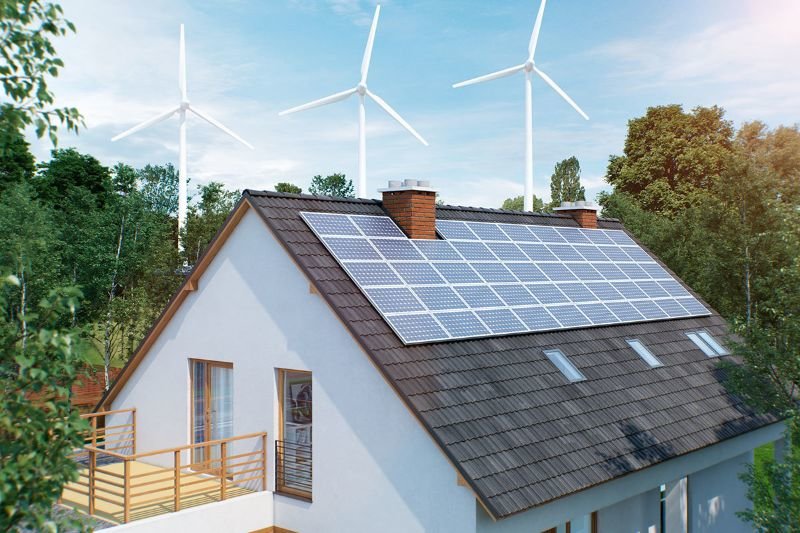
Any off-grid dweller should also consider whether they have the knowledge and skills they need to take care of themselves in an emergency. What would be considered a minor medical emergency on the grid can swiftly become a dangerous emergency off the grid, so you should consume as much first aid information as you possibly can before venturing off the grid. You should also be aware of how far away you are from a medical facility in the event that an emergency is outside of your skillset.
Finally, a key but oft-overlooked consideration is just how lonely off-grid living can get. Even the most introverted among us can start to feel overwhelmed by the loneliness that invariably seeps into living off the grid at one point or another. And while going off the grid with a partner or family can help with this, you should still expect to experience the loneliness that comes with interacting with so few people on a daily basis and prepare accordingly.
Ready to embrace off-grid living? Check out all cabins for sale across the country to find your perfect off-the-grid dwelling today.

